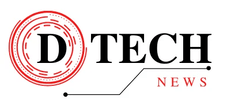# Embracing AI in Healthcare: Navigating Nurses’ Skepticism and Charting the Path Forward 🚀
In today’s rapidly advancing technological landscape, Artificial Intelligence (AI) is making significant strides, particularly in the clinical setting. While AI promises to revolutionize healthcare with enhanced diagnostic precision and streamlined operations, it faces a particularly challenging hurdle: nursing skepticism. Recognizing and addressing these concerns is paramount for harnessing AI’s full potential in the healthcare industry.
## The Intersection of AI and Healthcare 🏥🤖
AI technologies embedded in healthcare systems can analyze vast amounts of data at remarkable speeds, offering insights that can transform patient care. Imagine AI-powered algorithms that assist in diagnosing complex conditions, predicting patient outcomes, or personalizing treatment plans. The potential is immense, but the success of such technologies depends on their acceptance by healthcare professionals, specifically nurses.
### Understanding Nurses’ Reservations 💭
Nurses, the backbone of patient care, often express skepticism towards AI integration due to several valid reasons:
– **Job Security Concerns**: There’s a prevalent fear that AI may replace the human elements of healthcare, leading to reduced employment opportunities for nurses.
– **Impact on Patient Care**: Nurses worry about AI potentially overshadowing personal interactions that are vital to patient care and recovery.
– **Trust and Reliability**: The unpredictable nature of AI’s decisions can cause distrust. Nurses need assurance of AI’s reliability and accuracy.
– **Lack of Training**: Without adequate training, nurses may feel unequipped to work alongside AI tools, leading to resistance.
## Bridging the Gap: Strategies for Integration 🔄
To successfully integrate AI into healthcare settings, it is crucial to acknowledge and address nurses’ concerns. Here are some strategies that can help in bridging the gap:
### Inclusive Training Programs
– Equip nurses with comprehensive AI training to bridge the knowledge gap, ensuring they are confident in utilizing AI tools alongside their clinical expertise.
– Design courses that specifically explain how AI works in healthcare and the benefits it can bring to nursing practices.
### Enhancing Human-AI Collaboration
– Highlight AI as a supplementary tool rather than a replacement. AI should enhance the nurse’s role, allowing more time for activities that require human empathy and judgment.
– Demonstrate examples where AI has supported rather than replaced human decision-making, fostering a sense of collaboration…
### Building Trust through Transparency
– Clearly communicate AI processes and decisions to foster trust. Nurses should be able to understand and question AI recommendations to ensure patient safety.
– A *transparent approach* not only builds trust but ensures that nurses feel empowered in their roles.
### Fostering a Feedback Culture
– Create channels for nurses to express concerns and provide feedback on AI systems, promoting a culture of continuous improvement and collaboration.
– Encourage an environment where nurses’ opinions are valued and lead to actionable changes.
## Charting a Collaborative Path Forward 🚀
Overcoming skepticism is a shared responsibility. Both tech developers and healthcare institutions must work collaboratively to ensure AI tools are designed with input from nurses and other healthcare providers. This participatory approach not only alleviates concerns but also leads to the development of more intuitive and practical AI solutions.
By treating AI as a collaborator rather than a threat, the healthcare sector can innovate while preserving the critical human elements of care. Nurses remain indispensable, and their acceptance and collaboration will be the key driver in successfully integrating AI into clinical settings.
### The Role of Continued Education
– Promote ongoing education that allows nurses to stay informed about AI advancements and how these technologies can assist in patient care.
– Support initiatives that offer continuous learning and adaptation to the changing technological environment.
## Conclusion: A Harmonious Healthcare Ecosystem 🌟
The journey forward requires open dialogues, iterative feedback, and continued education to effectively blend technology and humanity. By doing so, the healthcare industry can leverage AI to improve patient outcomes without compromising the vital human touch that nurses provide every day.
As AI continues to evolve, its integration into healthcare should equally focus on technology enhancement and nurturing the human elements that define patient care. Understanding nurses’ skepticism is not merely a challenge but an opportunity to create a harmonious and innovative healthcare ecosystem.




















































